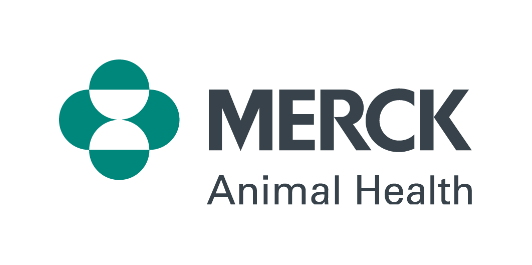Harrisvaccines Awarded Rotavirus C Autogenous Licensure
AMES, Iowa, January 30, 2014 – Ames, Iowa-based vaccine producer, Harrisvaccines, today announced it has been granted United States Department of Agriculture (USDA) autogenous licensure of the company’s Rotavirus C vaccine utilizing its SirraVaxSM RNA Particle Technology, approved by the Department’s Center for Veterinary Biologics (CVB) for disease caused by Rotavirus subtype C.
Rotavirus C is a cause of diarrhea and mortality in young piglets. Preparing effective vaccines using traditional methods is difficult, due to the poor growth characteristics of Rotavirus C in laboratory cell culture.
“Our technology does not require the growth of live virus for production, only a gene sequence is needed, which allows us to hurdle many of the issues traditional vaccine production faces with Rotavirus C,” says Jodi French, Head of Regulatory Affairs and Quality Assurance for Harrisvaccines.
This is the first time Harrisvaccines’ SirraVaxSM technology has been granted an autogenous license. Harrisvaccines received a USDA license using SirraVaxSM technology for Swine Influenza Vaccine, RNA in September of 2012, which is licensed as an aid in the prevention of disease caused by Swine Influenza, H3N2.
The application for licensure was initially submitted in February of 2012 when CVB released draft notice no. 459 allowing for “acceptance of product license applications for autogenous nonviable recombinant and autogenous subunit vaccines directed against Rotavirus group C.” Harrisvaccines has also submitted a conditional license application for Porcine Epidemic Diarrhea Virus, or PEDv, which is anticipated to gain approval in 2014.
About Harrisvaccines Headquartered in Ames, Iowa, Harrisvaccines focuses on revolutionizing animal health vaccines and enhancing productivity in the swine, cattle, equine, and farmed aquaculture industries. Using state-of-the-art advanced molecular science, Harrisvaccines employs their unique SirraVaxSM RNA Particle (RP) technology platform to develop rapid-response, herd-specific products for animal diseases. To learn more about Harrisvaccines, visit www.harrisvaccines.com.
